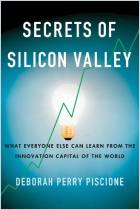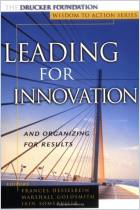Зарегистрируйтесь на getAbstract, чтобы получить доступ к этому краткому изложению.

Зарегистрируйтесь на getAbstract, чтобы получить доступ к этому краткому изложению.
Deborah Perry Piscione and David Crawley
The People Equation
Why Innovation Is People, Not Products
Berrett-Koehler, 2017
Что внутри?
Innovation is your ticket to success. Your staff’s ideas are your company’s fuel.
Recommendation
To thrive in today’s “fluid economy,” companies must organize around their people, the greatest force in helping to move the organization forward. Innovation experts Deborah Perry Piscione and David Crawley develop this concept in their trim, approachable guide to cultivating creativity and innovation. They illustrate how to create structural shifts in your company so you can focus on your people’s talents. The authors provide a useful overview of the requirements for using the “People Equation” to put your people first. getAbstract recommends their methods to senior executives and human resources officers who seek ways to benefit from employee innovation.
Summary
About the Authors
Entrepreneur Deborah Perry Piscione wrote The Risk Factor and the best-selling Secrets of Silicon Valley. She and innovation specialist David Crawley co-founded Vorto Consulting.



















Comment on this summary